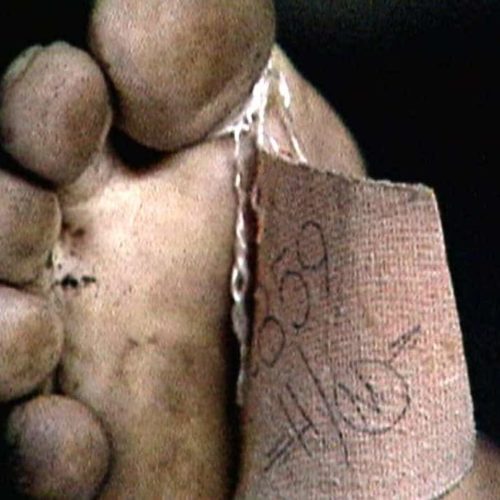Introduction
In its latest issue, the prestigious British medical journal The Lancet warns about the dangers of “profiteering” in the $1 billion international trade on human tissue and the lack of sufficient regulation worldwide – echoing the findings of an International Consortium of Investigative Journalists seriesearlier this year.
The November 10 issue of The Lancet – one of the world’s leading medical journals — said that “profiteering threatens the altruism of tissue donation” and that doctors and health agencies in many nations have trouble tracing improperly-obtained bones, skin and tissue when problems occur.
The Lancet article highlighted case studies and major concerns contained in last July’s four-part ICIJ series, including the legal consequences of stolen tissue implanted in hundreds of patients because of convicted body-snatcher Michael Mastromarino, now in a New York prison.
The Lancet said the for-profit tissue industry “is not as tightly regulated as organ donation worldwide”. Voluntary donors — and many families who allowed the use of loved ones’ bodies after death — are not fully aware of the money-making uses of bones, tissue and skin for such things as cosmetic surgery and dental repairs, it said.
“When you introduce money into the process, then you increase the risk to quality and safety,” Imogen Swann, Director of Regulation at the United Kingdom’s Human Tissue Authority told the Lancet. “Donation should be about altruism.”

Join the conversation
Show Comments